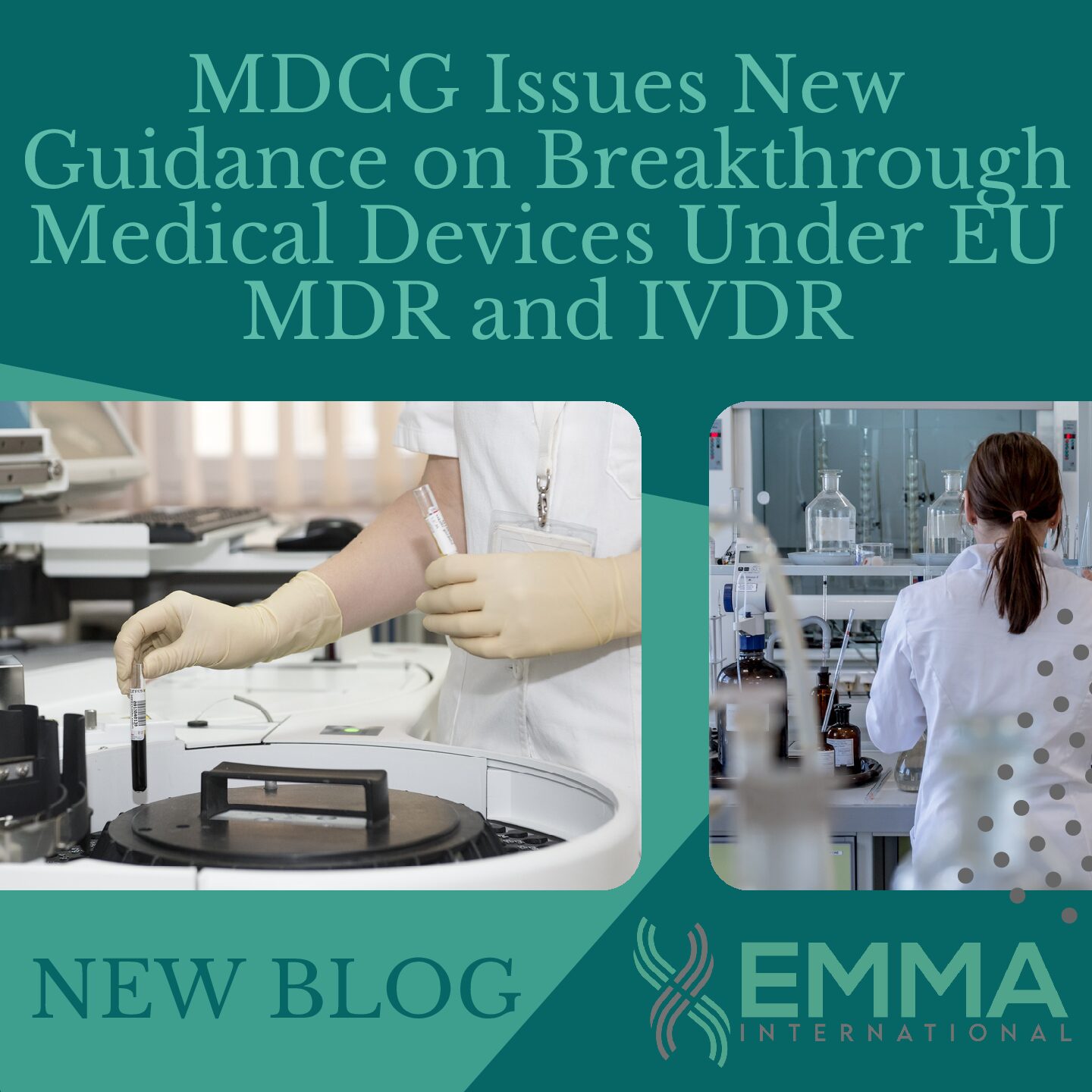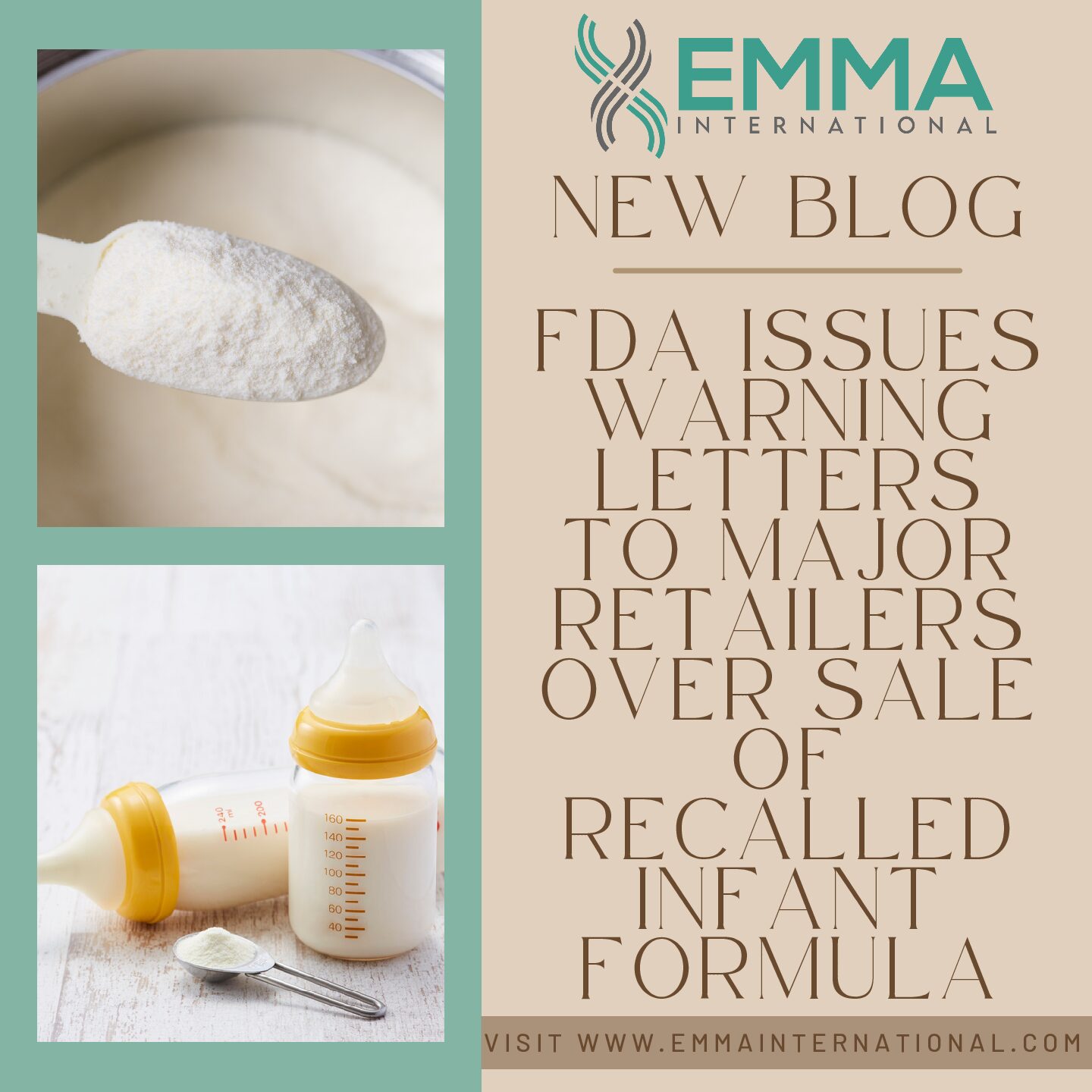In the life sciences industry, balancing environmental stability with regulatory compliance can be a challenge. Organizations must adhere to strict laws governing safety, manufacturing, waste disposal, and product development while trying to reduce their environmental footprint. Thankfully, with careful planning and some innovative practices, both are possible. Environmental sustainability is no longer a fringe issue – it’s a critical component of corporate responsibility. Consumers, investors, and regulators are increasingly demanding eco-friendly practices. Organizations that embrace sustainability can reap benefits like carbon credits, enhanced reputations, and compliance with emerging green regulations.
Medical device and pharmaceutical organizations generate a variety of hazardous and non-hazardous waste, from lab chemicals to biomedical ingredients. Proper waste disposal is essential for compliance with regulations like the Resource Conservation and Recovery Act (RCRA) [1]. At the same time, implementing sustainable practices such as recycling and minimizing single-use plastics can significantly reduce environmental impact. Laboratories are energy-intensive environments. Reducing energy consumption not only helps lower greenhouse gas emissions but also ensures compliance with energy efficiency standards and guidelines. It could be beneficial to upgrade to newer energy efficient equipment to save energy without compromising performance. Regulations like OSHA’s Hazard Communication Standard and the EPA’s Toxic Substance Control Act require proper labeling, storage, and disposal of chemicals. Implementing a robust chemical inventory system and adopting greener alternatives where possible can reduce risks and environmental impact.
To identify areas for environmentally friendly improvement, it can be helpful to conduct an audit to identify inefficiencies and ensure the organization is meeting applicable regulations while minimizing environmental impact. A culture of sustainability starts with training your team. It can be helpful to provide education on eco-friendly practices, regulatory compliance and the importance of sustainability. Governments worldwide are introducing stricter environmental regulations. Keeping up to date can ensure compliance ahead of time so it won’t impact production.
EMMA International is here to provide full-circle solutions for all aspects of medical device and pharmaceutical industry regulations. Give us a call at 248-987-4497 or email us at info@emmainternational.com to learn more about how EMMA International can take the stress out of quality and regulatory compliance!
[1] EPA (2024) Resource Conservation and Recovery Act (RCRA) Laws and Regulations, Retrieved on 19 December from: https://www.epa.gov/rcra





